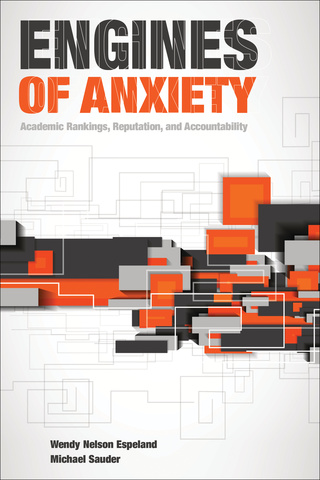By Emily Delgado

University of Iowa professor Michael Sauder has been cited as a key source in the recent uproar over the decision by 14 top law schools, including Yale and Harvard, to leave the U.S. News and World Report ranking systems, and most recently, the decision by Harvard Medical School to also abandon the ranking.
Sauder began his research into the ranking system when he was a graduate student at Northwestern University.
“At the time, people talked a lot about how the rankings were creating negative consequences for colleges and universities, but there was no empirical research to show this,” Sauder says.
His research has been compiled into the book Engines of Anxiety, that he co-wrote with Wendy Espeland, a sociology professor at Northwestern University. The book details the negative impact media rankings have on how students are admitted, resources are allocated, and employees are selected.
“One of the key findings of our book is that schools change how they make decisions about things like scholarships they offer, what types of students they admit, and what types of programs they offer based on the rankings,” he says.
These changes in rankings can hurt low-income and non-traditional students.

“This is an important story because it is so odd that a news magazine with no special expertise in higher education and using a methodology that most people don’t agree with has been able to wield so much influence over colleges and universities,” he adds.
Sauder began at Iowa in 2005 and is currently the chair of the Sociology and Criminology department.
During his time at the university, Sauder says he has gained a better understanding of higher education, which has helped him in his research. He has also been able to learn more about the administrative side of higher education.
“This [experience] really helped me gain a better understanding of the University of Iowa as an organization both in terms of the broad challenges it faces and the general landscape of higher education,” he says.